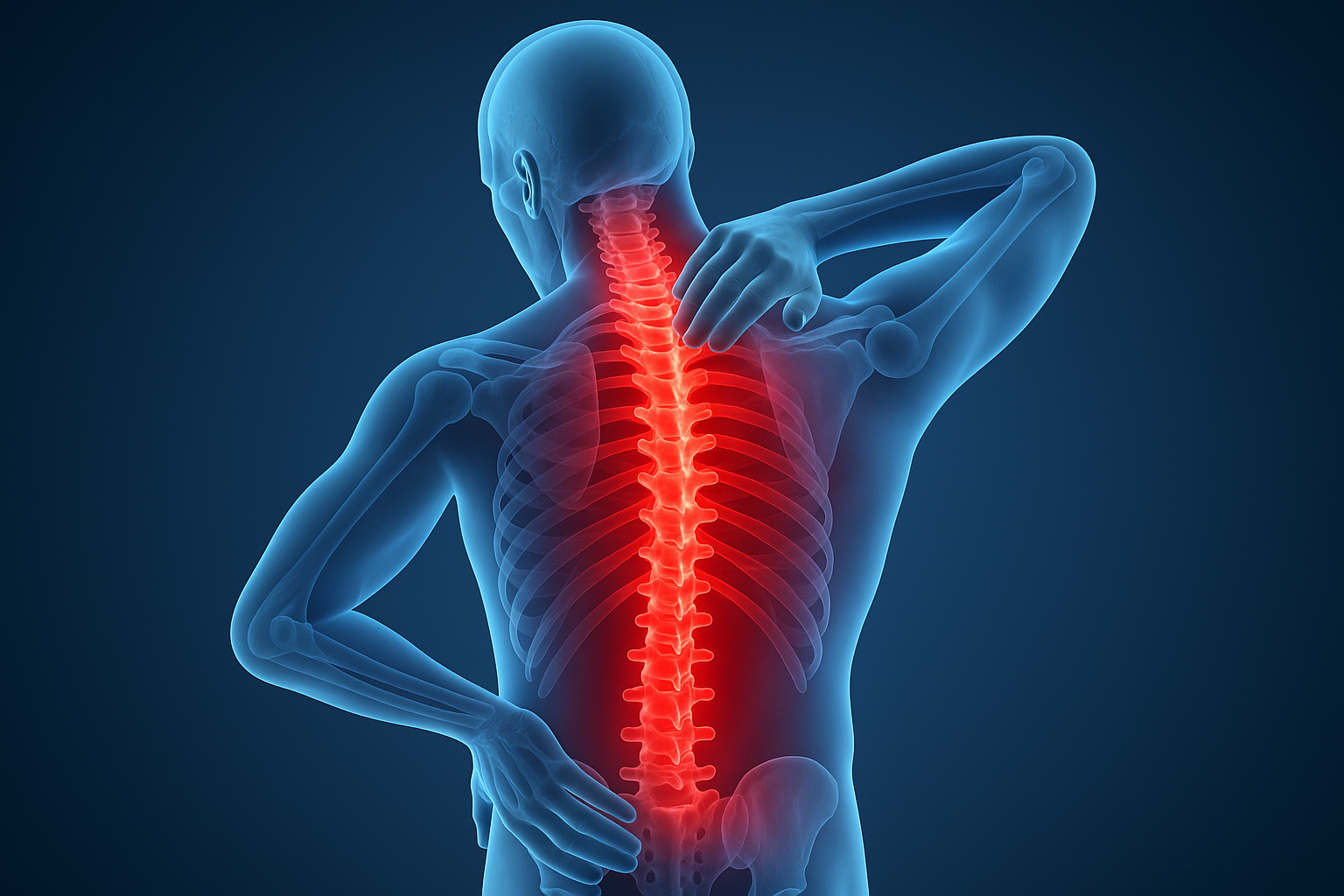Conditions That May Benefit from Spinal Decompression
DTS Spinal Decompression is a highly specific therapy designed to address conditions where pressure on a spinal disc is the primary cause of pain and dysfunction. The science behind this treatment focuses on unloading the intervertebral discs to relieve pressure on the spinal cord and nerve roots. This makes it an ideal option for patients who have not found lasting relief through other conservative treatments. Before recommending this therapy, the clinical team at American Integrated Healthcare will conduct a thorough evaluation, including a review of your health history and diagnostic imaging like X-rays or MRIs, to determine if you are a suitable candidate. Not all back pain originates from disc compression, so this precise diagnosis is a critical first step. DTS Spinal Decompression is most commonly used to help patients in Mesquite who are dealing with:
- Herniated or Bulging Discs: Often called a "slipped disc," this occurs when the soft, gel-like center of a disc pushes through its tougher exterior, pressing on nearby nerves and causing significant pain.
- Sciatica: The sharp, radiating pain, numbness, or tingling that travels from the lower back down the leg. This is a classic symptom of a compressed nerve root in the lumbar spine.
- Degenerative Disc Disease: The natural process of aging can cause spinal discs to lose height and hydration, leading to chronic pain, stiffness, and reduced flexibility. Decompression can help rehydrate these discs and slow the degenerative process.
- Posterior Facet Syndrome: This condition involves pain stemming from worn-out or arthritic facet joints in the spine. The gentle unloading action of DTS therapy can help relieve pressure on these painful joints.
- Persistent Pain After Failed Back Surgery: In some cases, patients who continue to experience pain post-surgery may be candidates for this non-invasive therapy to relieve ongoing compression.
